No products in the cart.
Neem Seeds Unshelled (Magaz Neem) مغز نیم
Price range: ₨ 220 through ₨ 2,250
Overview
Neem seeds are the seeds obtained from the neem tree, scientifically known as Azadirachta indica.
Neem is a tropical evergreen tree native to the Indian subcontinent and is highly valued for its medicinal properties.
The seeds of the neem tree contain a range of compounds with biological activity, most notably azadirachtin, which is a potent insecticide and repellent.
Neem seeds have been traditionally used in various forms for their medicinal benefits.
Benefits
May promote hair health
Neem seed extract contains azadirachtin, an active compound that may fight parasites that affect hair and skin, such as lice.
Azadirachtin works by disrupting parasite growth and interfering with reproduction and other cellular processes.
Neem extract and nimbidin, a compound found in neem oil, may also treat dandruff due to its anti-inflammatory and antimicrobial properties.
May boost dental and oral health
Chewing neem bark to promote oral hygiene is a common practice in India.
Neem’s antiseptic, anti-inflammatory, antioxidant, and immune-boosting properties may promote oral health.
Although more research is needed, studies indicate that neem may relieve pain and help treat gingivitis, periodontitis, and tooth decay.
May aid liver and kidney health
Neem’s antioxidant and anti-inflammatory properties may help fight oxidative stress, which may in turn promote liver and kidney health.
Oxidative stress is caused by a buildup of unstable molecules called free radicals.
May improve skin health
Neem seed oil is rich in fatty acids, including oleic, stearic, palmitic, and linoleic acids.
Collectively, these fatty acids have been shown to have anti-inflammatory, antioxidant, and antimicrobial properties that promote healthy skin.
Acne
Historically, neem has been used to treat acne, reduce blemishes, and improve skin elasticity.
Indeed, studies suggest that neem oil’s antibacterial properties combat acne.
Ulcer and wound healing
Animal studies suggest that neem leaf extract accelerates wound healing through an increased inflammatory response and the formation of new blood vessels.

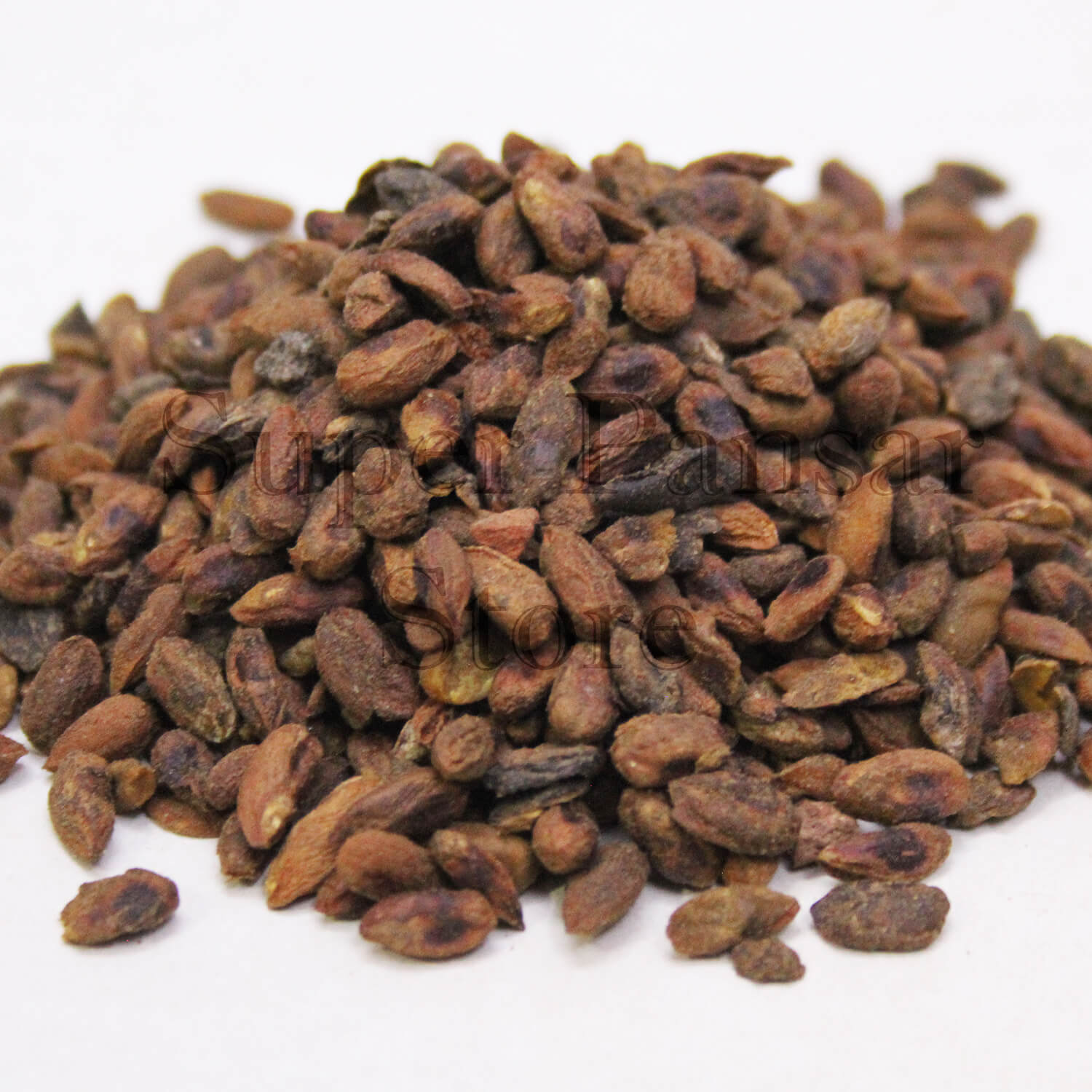
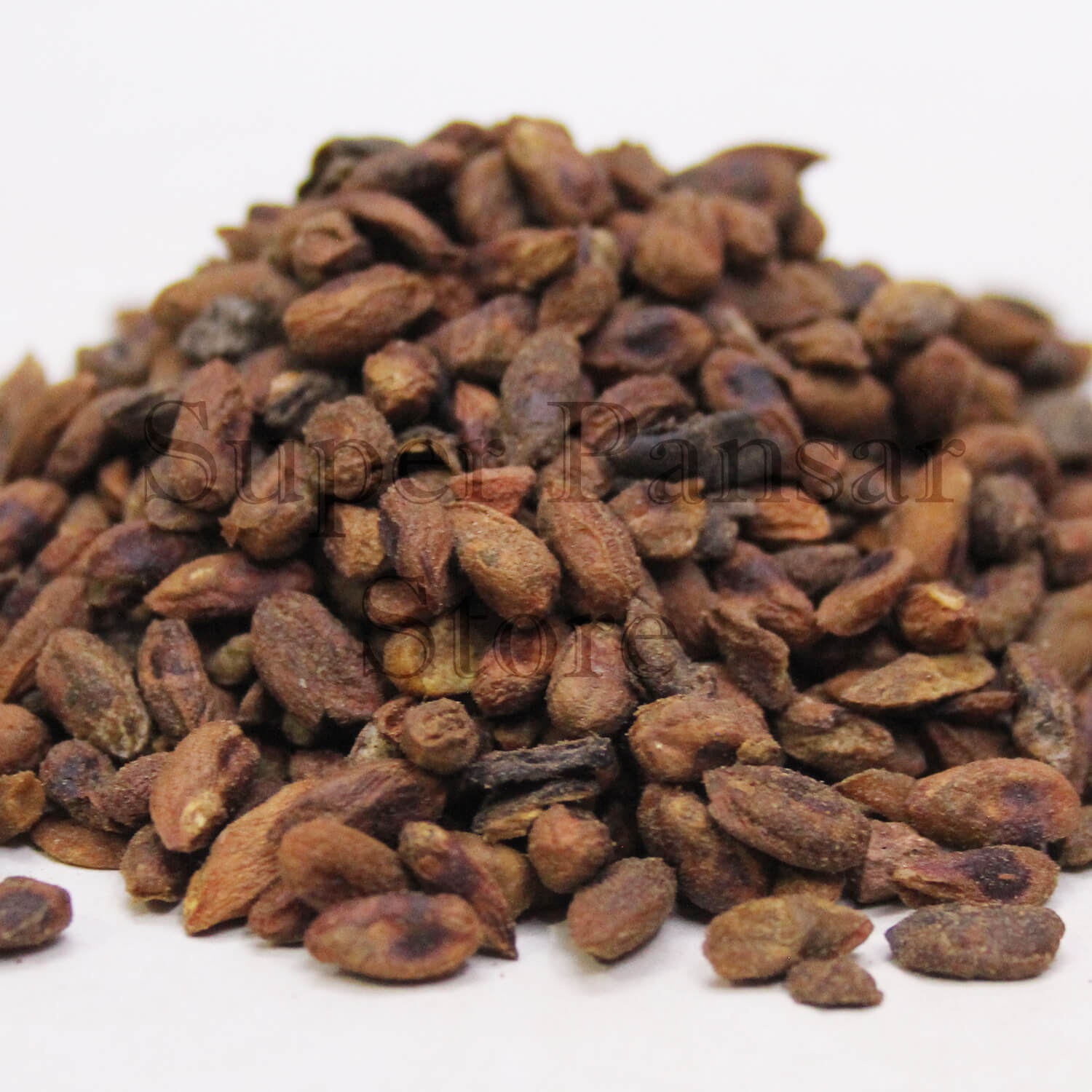
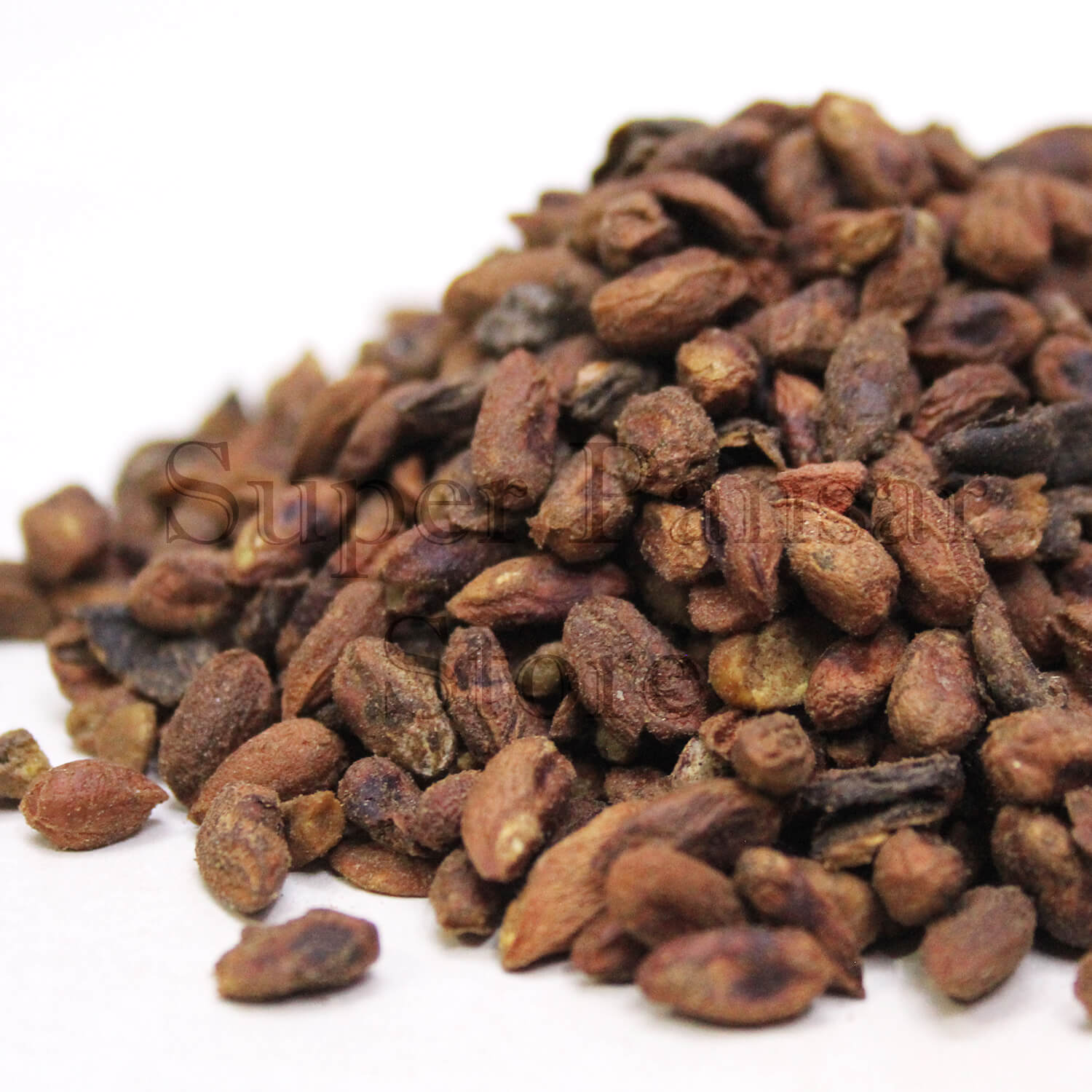



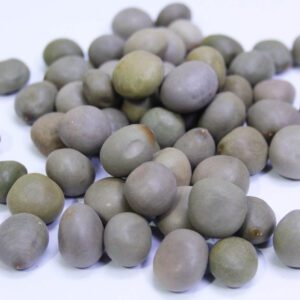
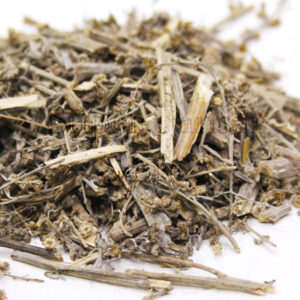
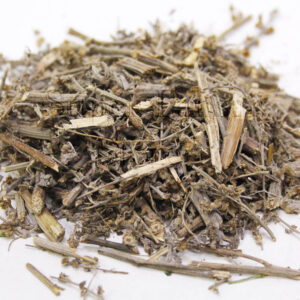





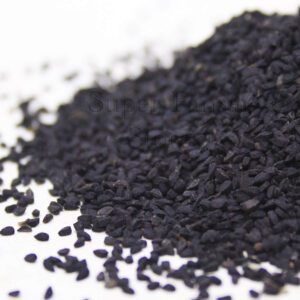

Reviews
There are no reviews yet.